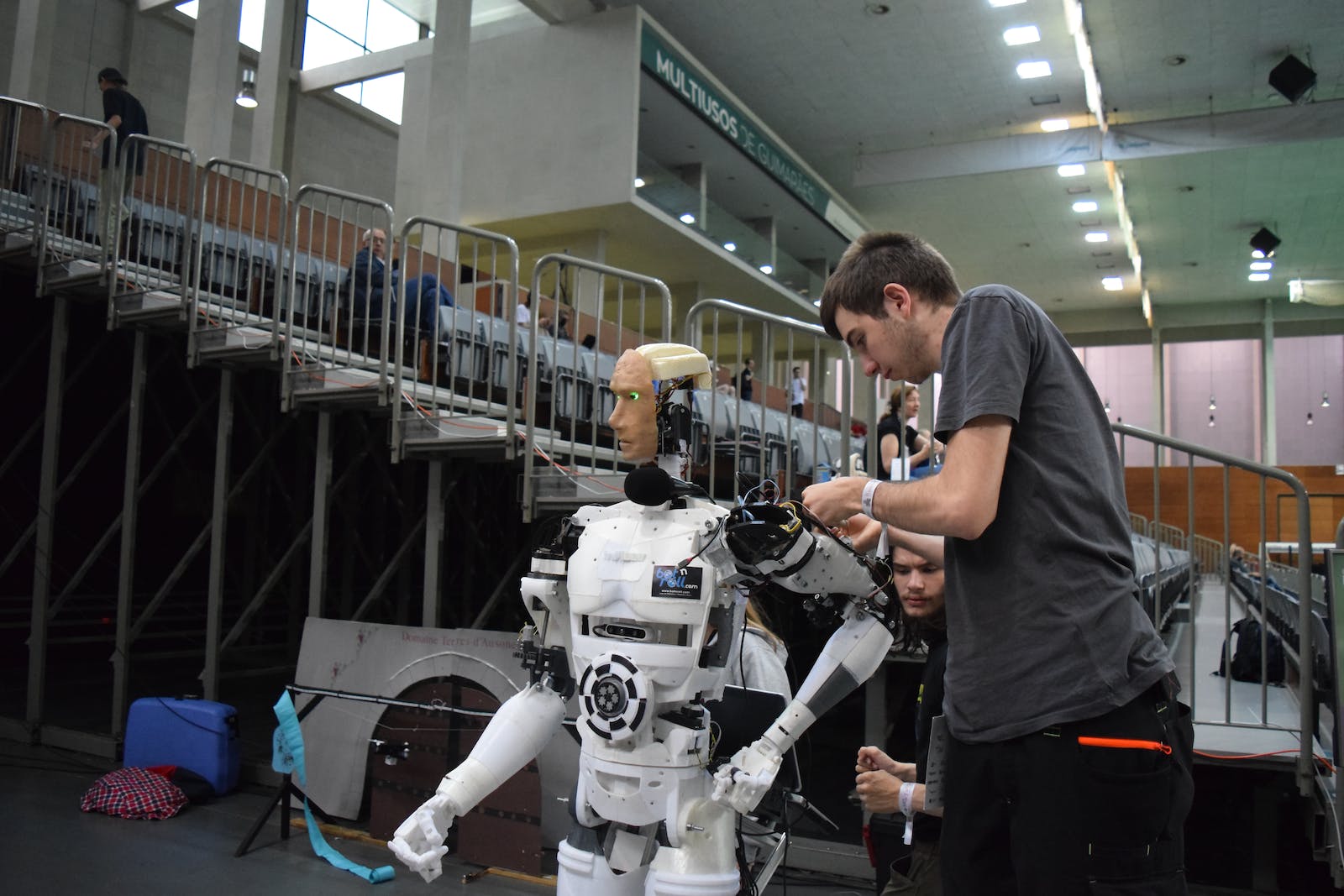The Pros and Cons of Being a Teacher
Exploring the Upsides and Downsides of the Teaching Profession
Being a teacher is a noble and rewarding profession that plays a crucial role in shaping the future. Educators have the opportunity to make a positive impact on young minds, contribute to society, and enjoy a dynamic work environment. However, like any career, teaching has its unique set of advantages and disadvantages that individuals considering this path should carefully weigh.
In this article, we will delve into the pros and cons of being a teacher, shedding light on the aspects that make the profession fulfilling as well as the challenges that educators may encounter. Whether you are an aspiring teacher or simply curious about the realities of this vocation, it’s essential to gain insight into both sides of the coin.
Pros
Discovering the advantages of being a teacher can provide valuable insights on the rewards and opportunities this profession offers. From shaping young minds to enjoying long vacations, the benefits of teaching are diverse and impactful.
Making a Difference
Teachers have the unique opportunity to inspire, guide, and empower the next generation. They play a pivotal role in shaping young minds, instilling knowledge, and nurturing critical thinking skills that will benefit students throughout their lives.
Job Security and Benefits
In many countries, teaching positions offer relatively secure employment with benefits such as health insurance, pension plans, and professional development opportunities. This stability can provide peace of mind and financial security for educators.
Vacations and Holidays
One of the notable perks of being a teacher is the extended vacation periods and holidays. This time off allows educators to recharge, spend quality time with family, and pursue personal interests outside of the classroom setting.
Lifelong Learning
Teaching presents continuous opportunities for personal and professional growth. Educators engage in ongoing learning and skill development, staying current with educational trends, and gaining expertise in their subject areas.
Sense of Fulfillment
The sense of fulfillment that comes from witnessing students succeed, overcome challenges, and develop a passion for learning is immeasurable. Educators often form deep connections with their students and take pride in their accomplishments.
Professional Development Opportunities
As a teacher, you have access to a wide range of professional development opportunities. These can include workshops, conferences, and courses that can help you stay up-to-date with the latest teaching methods, technologies, and educational trends. Engaging in continuous professional development can not only enhance your teaching skills but also provide opportunities for career advancement and personal growth.
Variety in Workday
Being a teacher offers a dynamic work environment with a variety of tasks throughout the day. From teaching different subjects to interacting with students of different ages and backgrounds, each day presents new and unique challenges. This variety can make the job stimulating and prevent monotony in daily routines.
Missing a pro?
Let us know which pro you are missing!
Cons
While teaching is undoubtedly rewarding, it also comes with its share of challenges and complexities. From managing diverse classrooms to navigating administrative pressures, educators face obstacles that require resilience and adaptability.
Workload and Time Commitment
Teachers often face high workloads, including lesson planning, grading, and extracurricular responsibilities. The demands of the profession can lead to long working hours and a significant allocation of time outside regular school hours.
Workplace Stress
Educators may experience stress due to factors such as student behavior management, standardized testing pressures, and administrative requirements. This stress can impact job satisfaction and overall well-being.
Limited Resources
Budget constraints and resource scarcity in educational institutions can pose challenges for teachers, impacting their ability to provide the best learning experiences for students and meet individualized learning needs.
Parental and Community Expectations
Teachers often face the pressures of meeting high expectations from parents, the community, and educational authorities. Balancing various stakeholder demands while maintaining educational standards can be demanding.
Emotional Exhaustion
The emotional investment in students' well-being and academic progress can lead to emotional exhaustion and burnout, especially when teachers confront challenging personal or family circumstances alongside their professional responsibilities.
Bureaucratic Challenges
One of the significant disadvantages of being a teacher is dealing with bureaucratic challenges within the education system. This can include excessive paperwork, rigid curriculum requirements, and cumbersome administrative processes. Navigating through bureaucratic hurdles can consume time and energy that could be otherwise spent on teaching and mentoring students.
Exposure to Illnesses
Working in a school environment exposes teachers to various illnesses and infections, especially during flu seasons and outbreaks of contagious diseases. This constant exposure to germs can pose health risks and necessitates extra caution to prevent the spread of illnesses. It can also lead to frequent absences due to sickness, disrupting the continuity of classroom instruction.
Missing a con?
Let us know which con you are missing!
Conclusion
In conclusion, becoming a teacher entails a combination of intrinsic rewards and practical challenges. While the profession offers the chance to shape lives, foster learning, and enjoy unique benefits, it also demands resilience, adaptability, and a commitment to overcoming obstacles. Understanding and appreciating both the positives and negatives of being a teacher is crucial for individuals aspiring to embark on this impactful career path.
What do you think?
Do you think the pros outweigh the cons?






